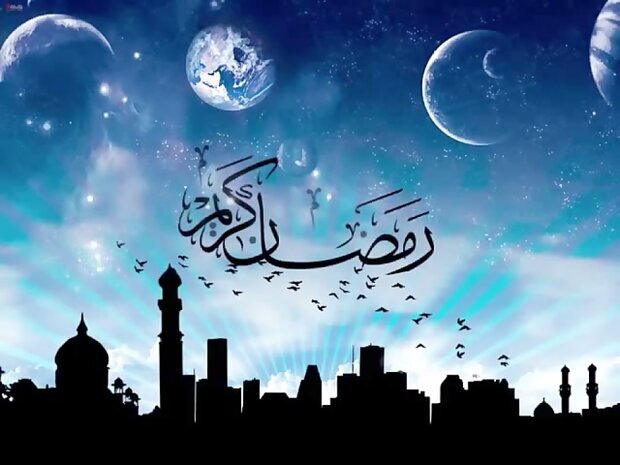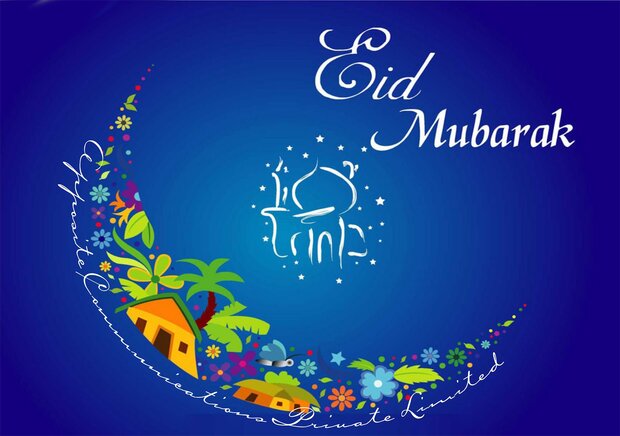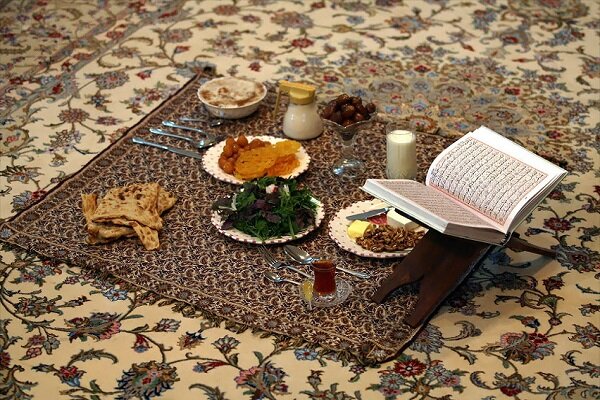Eid al-Fitr, the major religious holiday marking the end of Ramadan, is celebrated by Muslims around the world.
This holiday concludes your fast for 29 or 30 days from dawn to sunset. The date, which is the first day of Showal, will vary based on sightings of the new moon.
Eid al-Fitr includes special salats (Islamic prayers) that are usually held in open fields or large halls.
Muslims are obligated to fast until the last day of Ramadan and pay to Zakat al-Fitr, a ritual offering, before Eid’s prayer.
Most people join the local mosque for communal prayers preceded by more elaborate Iftar.

Prayers are usually guided by a religious figure who provides Eid’s greetings. Islamic tradition emphasizes using this opportunity to help poor and oppressed people.
Nakare drums are played across Iran, including the Imam Reza Shrine in Mashhad, and Muslims gather for Eid prayers.
In Tehran, a large crowd attends prayers at Imam Khomeini Mosala.
Muslims attended joint prayers, listened to sermons, donated Zakat al-Fitr to the poor, demonstrating their widespread participation in this important religious event.
Celebrations are characterized by fun gatherings, family visits, and exchanges of gifts.
Because Iran has many different ethnic groups, people in each Iranian province have a unique tradition on every occasion, including St. Eid al-Fitr.
Traditional foods and sweets are prepared and shared, symbolizing the sweetness of faith and the breakdown of fasting.
It’s time to strengthen community ties and cultivate goodwill within everything.
The spirit of Eid Al Fitr is one of gratitude, reflection and renewal. Muslims look back at the lessons they learned during Ramadan and reaffirm their commitment to living a life of honor and service.
Holidays serve as reminders to continue practicing compassion, generosity and self-discipline throughout the year.
It is an age of spiritual cleansing, forgiving and offering, repairing broken relationships and strengthening existing relationships.

The atmosphere is full of a sense of peace and unity as Muslims around the world celebrate their common faith and the blessings of Allah.
Eid al-Fitr rejoices in the completion of the sacred moon and looks forward to a future filled with faith, hope and prosperity.
Ayatollah Seyed Ali Khamenei, the leader of the Islamic Revolution, will mark the end of Ramadan this year, leading the Eid al-Fitr Prayer at the Grand Mosala Mosque in Tehran.
A prayer scheduled for 8am begins following Showal’s crescent moon sighting, followed by the leader delivers Eid sermon.
Meanwhile, President Masoud Pezeshkian celebrates Iranian Al-Fitr worldwide, hoping that Ramadan will promote unity, patience and kindness within Iran.
He emphasized that the spiritual lessons of Ramadan should improve behavior and encourage solidarity, patience, forgiveness and compassion.
Reported by Tohid Mahmoudpour

